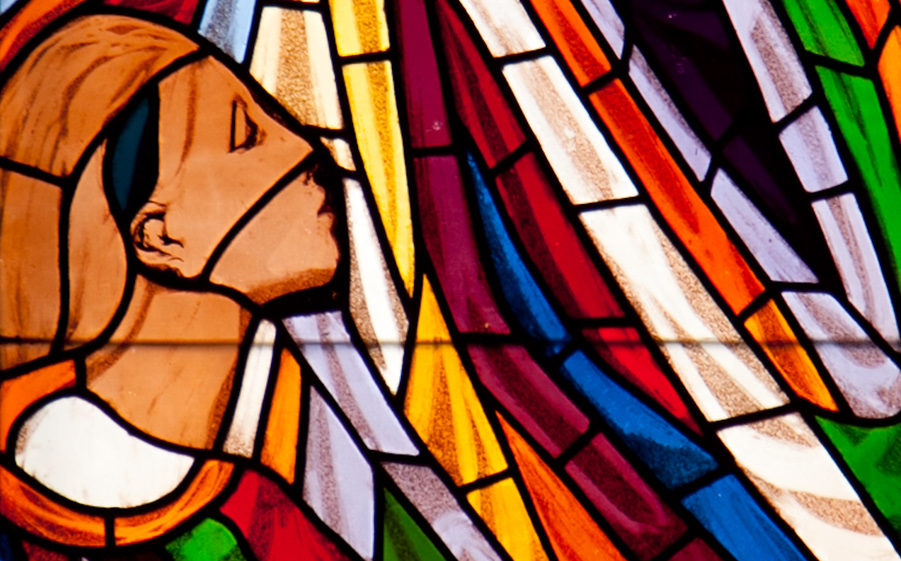
Conversion
In the Message of Fatima, the drama of human history touched by sin is presented with a considerably clarity. The tragedy of sin is prophetically pointed out through the visions of Hell, the city reduced to ruins and through the extensive references to the sinners, those who attract more attention from the mercy of God. The sin is pointed out as the origin of the human misery, from which the need for conversion emerges. From the deep lack of affection, conversion is the devotion to the Love of God. In the Message of Fatima, the call to conversion is a crucial point and evokes the drama of redemption.
Facing the vision of Hell, the little Jacinta asks: “What are the sins people commit, for which they go to hell?” And cousin Lucia, in her childhood innocence, tries to answer: “I don’t know! Perhaps the sin of not going to Mass on Sunday, of stealing, of saying ugly words, of cursing and of swearing.” The personal dimension of conversion is a vital point in the Message of Fatima. However, the call to conversion made in Fatima is not confined to its personal dimension: it is also the call to the gift of self for the conversion of others and for the conversion of the dynamism of history, on the certainty that the community of believers have a ministry of conversion in the discipleship of Christ. The tragedy of evil is present right in the very first prayer of the angel: “I ask pardon of You for those who do not believe, do not adore, do not hope and do not love You!” The sacrifices for the conversion of sinners are the expression of the sacrificial offering that the little shepherds make for the benefit to all others.
|
